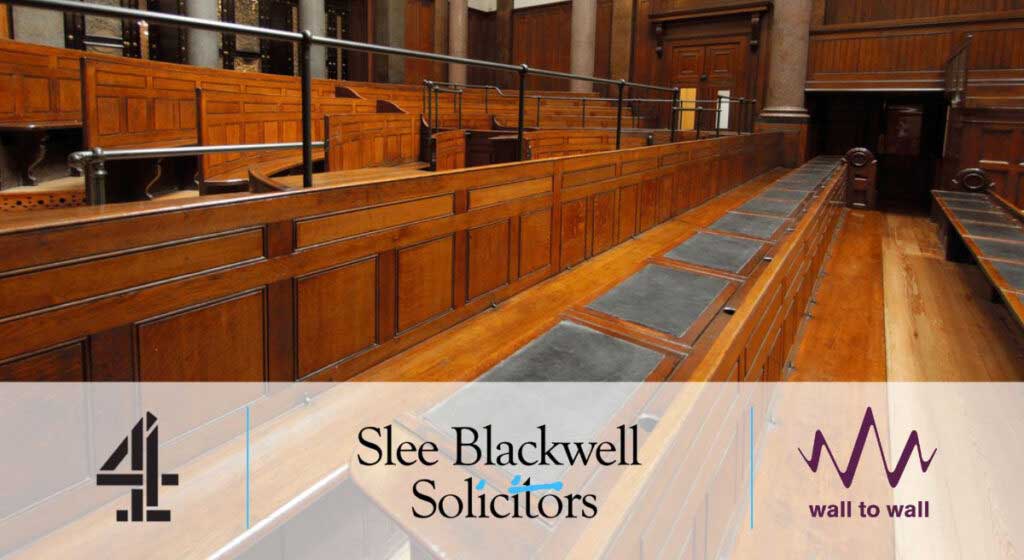Lawyers specialising in negligent cosmetic surgery claims, fear that another PIP-breast-implant-style scandal could be on the horizon with injectable skin fillers.
Former president of the British Association of Aesthetic Plastic Surgeons (BAAPS), Nigel Mercer, has warned of the “ticking time bomb” of “completely unregulated” and increasingly popular injectable skin fillers. Experts have suggested these dermal fillers could be the next cosmetic surgery disaster after the PIP implant debacle.
The problem is two-fold. Firstly, anyone who has attended a half-day course can represent themselves as a qualified cosmetic practitioner and legally inject fillers. No medical knowledge is required, which means mistakes are common. Fillers can be injected into the wrong place, causing pain and disfigurement and when things go wrong the practitioner is unable to deal with the problems. The fillers can be bought online and self-administered. In 2009 one in four cosmetic surgeons reported seeing patients who required surgery following failed treatments.
The other problem is the fillers themselves. Although most contain substances which are naturally found in the body, for example collagen or hyaluronic acid, there are no official guidelines governing what they can and can’t contain. Only seven types of fillers have been cleared for use in the United States where they are regulated, but in the UK more than 150 can be bought in shops and online. There are no safety standards so they can bought and sold completely unregulated and completely legally.
James McNally, a solicitor dealing with cosmetic surgery claims is highly critical of practices within the industry. James has said:
“The fact that BAAPS are of the view that fillers should be a prescription drug only and should only be injected by a doctor shows how dangerous these procedures can be. Patients have been blinded and left with horrendous scars as a consequence of having received dermal fillers. The risk of irreparable damage is too great for unqualified, non-medics to administer unregulated fillers that have potentially been made using a child’s chemistry set.”
BAAPS also submitted a 12-point plan to the Advertising Standards Authority, calling for a ban on advertising campaigns aimed at selling cosmetic surgery procedures to the young and vulnerable. BAAPS president, Fazel Fatah, explained their concerns about aggressive and unethical marketing techniques which lead people to seek surgical treatments for psychological problems. They have long felt it is inappropriate to promote cosmetic surgery in celebrity-lead campaigns in magazines, television adverts and online as a solution to issues which may be better addressed by counselling or other therapeutic treatments.
